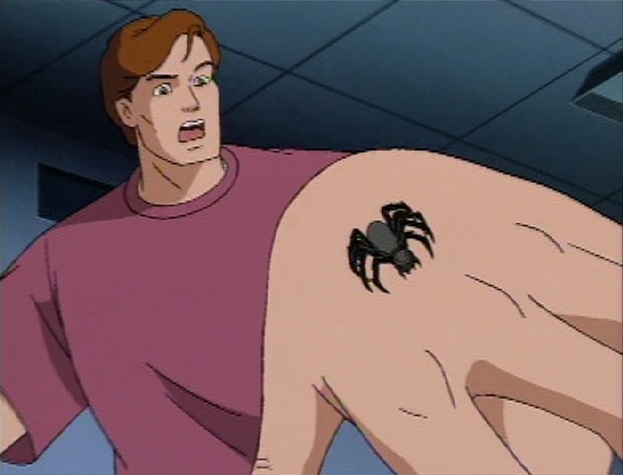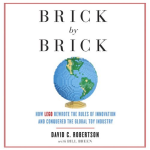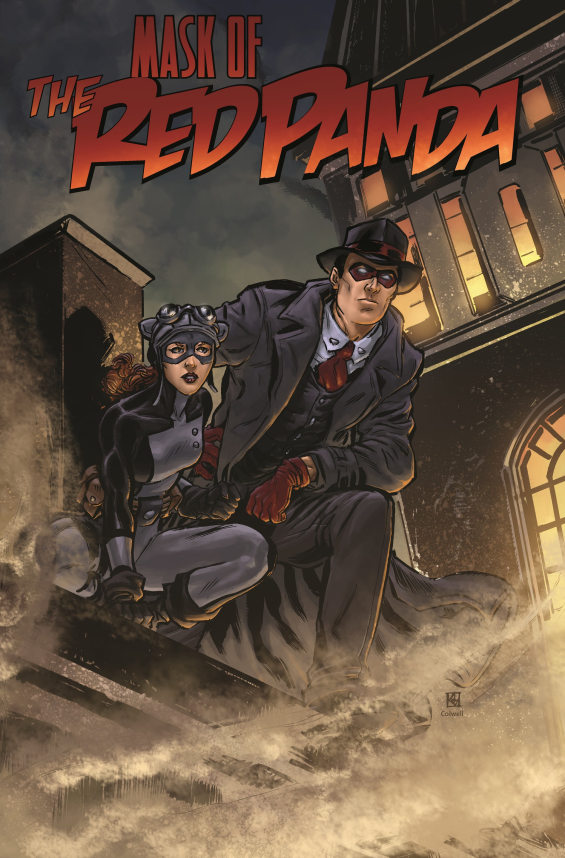
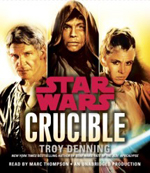 Crucible (Star Wars)
Crucible (Star Wars)
By Troy Denning; Read by Marc Thompson
Publisher: Random House Audio
Publication Date: 9 July 2013
ISBN: 9780385362924
[UNABRIDGED] – 12 hours, 8 minutes
Listen to an excerpt: | MP3 |
Themes: / Star Wars / Jedi / space / science fiction /
Publisher summary:
When Han and Leia Solo arrive at Lando Calrissian’s Outer Rim mining operation to help him thwart a hostile takeover, their aim is just to even up the odds and lay down the law. Then monstrous aliens arrive with a message, and mere threats escalate into violent sabotage with mass fatalities. When the dust settles, what began as corporate warfare becomes a battle with much higher stakes—and far deadlier consequences.
Now Han, Leia, and Luke team up once again in a quest to defeat a dangerous adversary bent on galaxy-wide domination. Only this time, the Empire is not the enemy. It is a pair of ruthless geniuses with a lethal ally and a lifelong vendetta against Han Solo. And when the murderous duo gets the drop on Han, he finds himself outgunned in the fight of his life. To save him, and the galaxy, Luke and Leia must brave a gauntlet of treachery, terrorism, and the untold power of an enigmatic artifact capable of bending space, time, and even the Force itself into an apocalyptic nightmare.
Star Wars Crucible takes place after the Fate of the Jedi series and is the furthest in the Star Wars timeline to date. I came to this book without having read Fate of the Jedi but didn’t have any trouble what was going on in the story and Denning explained sufficiently for those of us not in the know. Luke, Han, and Leia are getting pretty old at this point, and this novel seems to represent something of a retirement for them or a passing of the torch to the new generation. Denning plays to the characters’ strengths throughout most of the novel. You can’t have Han getting up to his full antics without a buddy, so a healthy dose of Lando is also in there too. If anyting, I liked how this is a nice standalone Star Wars book from that era of Star Wars instead of being part of some 9+ book series.
The general plot of the story has to do with Luke, Han, and Leia going to visit Lando (the ever present entrepreneur) to help him with problems at his mining operation in the outer rim. Cue the bad guys that can even give Jedi problems and the story gets going. The plot is interesting because it pits the gang against highly intelligent organized crime figures (Qrephs) who have an old grudge to settle. There is an element of Battlestar Galactica in here too because anyone could be working for the bad guys so you don’t know who is a cylon…err…agent of the Qrephs. I liked the novel for the most part except near the climactic battle when things to all trippy and weird like anime (Evangelion I’m looking at you).
Luke and Leia were pretty good in this book but Denning really made Han and Lando fun in this book. Since this takes place so far out and they’ve done so many great things, the characters are pretty well revered by people they encounter in the book. Han and Lando setting up a sabaacc game to draw in competition was definitely fun to go through. The sabaacc time goes kind of heavy into logic and tactics sometimes and really makes it look like Han is stronger in the Luck than Luke is in the Force any day.
As for the audiobook, Marc Thompson does as good a job with this book as any other Star Wars book I’ve listened to. All of the background music, ambient sounds, and special effects you’d expect are there and they do a great job of adding that little bit of extra immersion to the experience. Thompson does a great job impersonating the main cast down to Lando pronouncing “Han” with the ‘a’ instead of ‘o’ sound. I also really liked the stoic and simpering voices he used for the Qrephs.
Posted by Tom Schreck


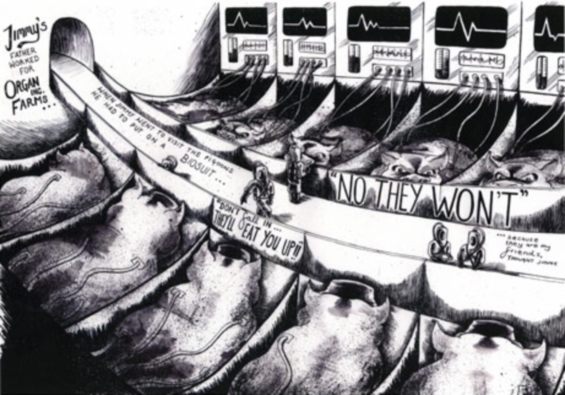
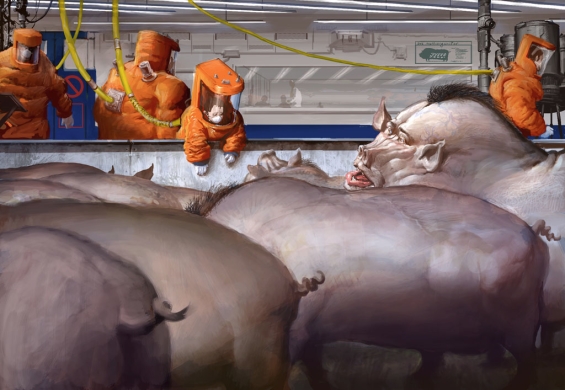
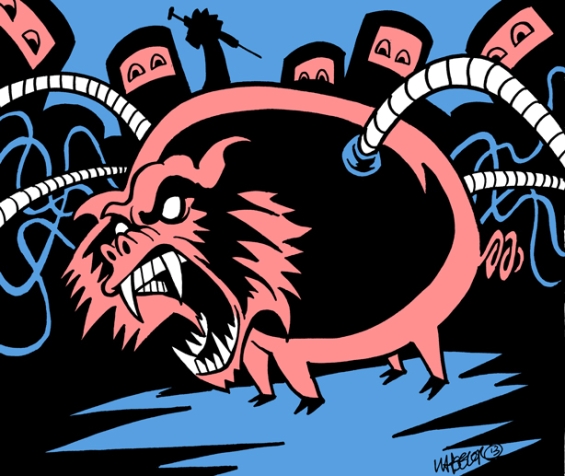
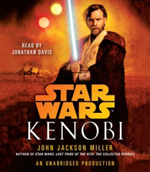 Kenobi: Star Wars
Kenobi: Star Wars Star Wars: Dawn of the Jedi: Into the Void
Star Wars: Dawn of the Jedi: Into the Void